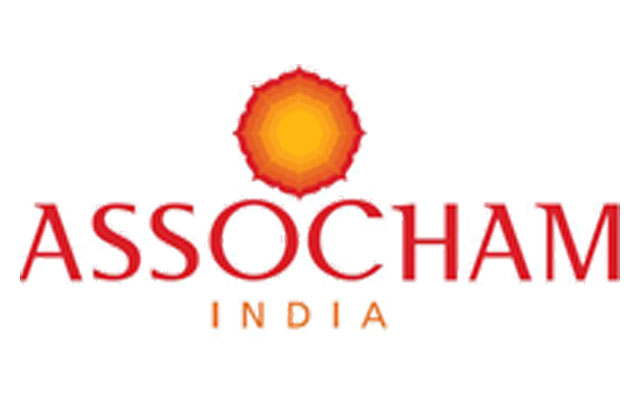
EV sales to witness high double digit growth annually till 2020: ASSOCHAM-EY Study
New Delhi, Feb 12 (IBNS): Electric vehicle (EV) market has the potential to grow significantly in the coming years as sales are expected to witness high double digit growth rates annually in India till 2020, noted a recent ASSOCHAM-EY joint study.
“Stricter emission norms, reducing battery prices and increasing consumer awareness are driving EV adoption in India, while EVs are not yet mainstream, government push and other indications point to a growing momentum,” stated the study titled, ‘Electric mobility in India: Leveraging collaboration and nascency,’ jointly conducted by ASSOCHAM and global advisory services firm EY.
Currently, EV industry is at a nascent stage in India, comprising less than one per cent of total vehicle sales and is dominated by two-wheelers (95 per cent).
“Going forward, EVs will be a stepping-stone in designing an intelligent transport infrastructure in India. The roadmap to electric mobility vision is based on growing collaborative economy and proliferation and success of electric and shared mobility business models.”
The report, however stressed upon the urgent need for creating charging infrastructure at a rapid pace as it is the determining factor for growth of EVs.
“The required need at this point in time is the presence of related support industry and infrastructure as it will help the charging infrastructure thrive,” it said. “We expect the government to take active measures to streamline regulatory challenges and provide further policy impetus to drive uptake of EVs.”
The report added that while share of public charging is expected to grow, however, home charging would still continue to be the dominant source with a share of nearly 70 per cent in 2030. “There is a growing need for a national regulated rate that can be applicable to all charging stations across India.”
Besides, it noted that EV adoption will be highly dependent on the pace of fall in battery costs as EVs are significantly more expensive than traditionally propelled vehicles due to high cost of Li-ion batteries. “With improvement in technology and manufacturing efficiency, the cost is expected to decline to US$100/kWh by 2023.”
While at present, India does not have any policy framework or mechanism for the battery recycling and second use market. However, the study said, in order to achieve its electrified mobility target, reclaiming materials from old Li-Ion batteries in a certified and sustainable manner should be a huge priority of the Government of India.
The ASSOCHAM-EY study highlighted that absence of an EV supply chain in the country demands an urgent investment in research and development (R&D) and local manufacturing capabilities. “There is a need for long-term supply-side incentives that attract desired investments required for EV deployment.”
Support Our Journalism
We cannot do without you.. your contribution supports unbiased journalism
IBNS is not driven by any ism- not wokeism, not racism, not skewed secularism, not hyper right-wing or left liberal ideals, nor by any hardline religious beliefs or hyper nationalism. We want to serve you good old objective news, as they are. We do not judge or preach. We let people decide for themselves. We only try to present factual and well-sourced news.







